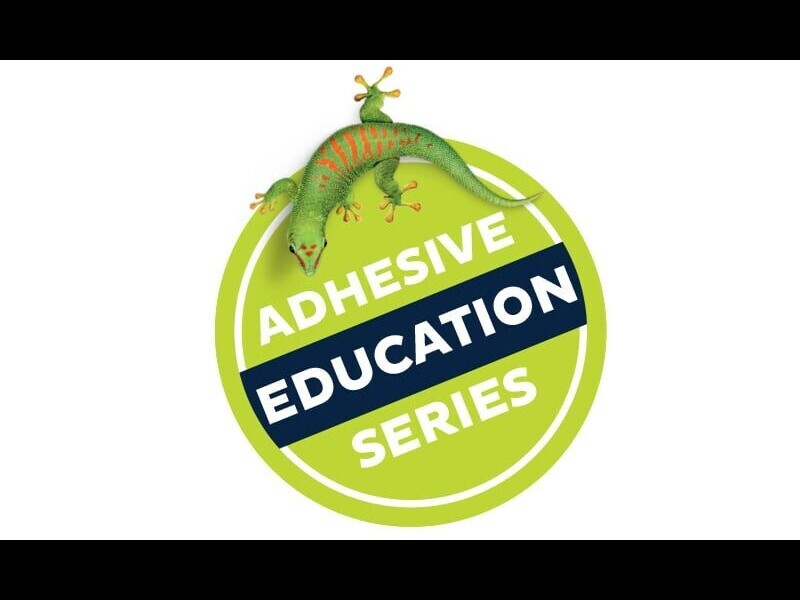- Industrial
- Aerospace
- Assembly
- Automotive
- Flexible Packaging
- General Transportation
- Rigid Packaging
- Tape & Label
May 13, 2019 - 10 min
Adhesive Education Series: Understanding Types of Pressure Sensitive Adhesives (PSAs)

According to Markets and Markets, pressure sensitive adhesives (PSAs) are projected to reach $15.76 billion by 2026. Due in large part to increasing end-use in packaging and transportation markets, this growth is also because PSAs come in a variety of forms and offer various characteristics. As a result, engineers often toward to them to meet their bonding needs. Gain insight into PSA forms and characteristics to understand which works best for your application.
- Solvent
- Water-borne

- Hot Melt
- Flexible open times
- High levels of tack
- High resistance to plasticizer migration
- Permanent or removable formulations
